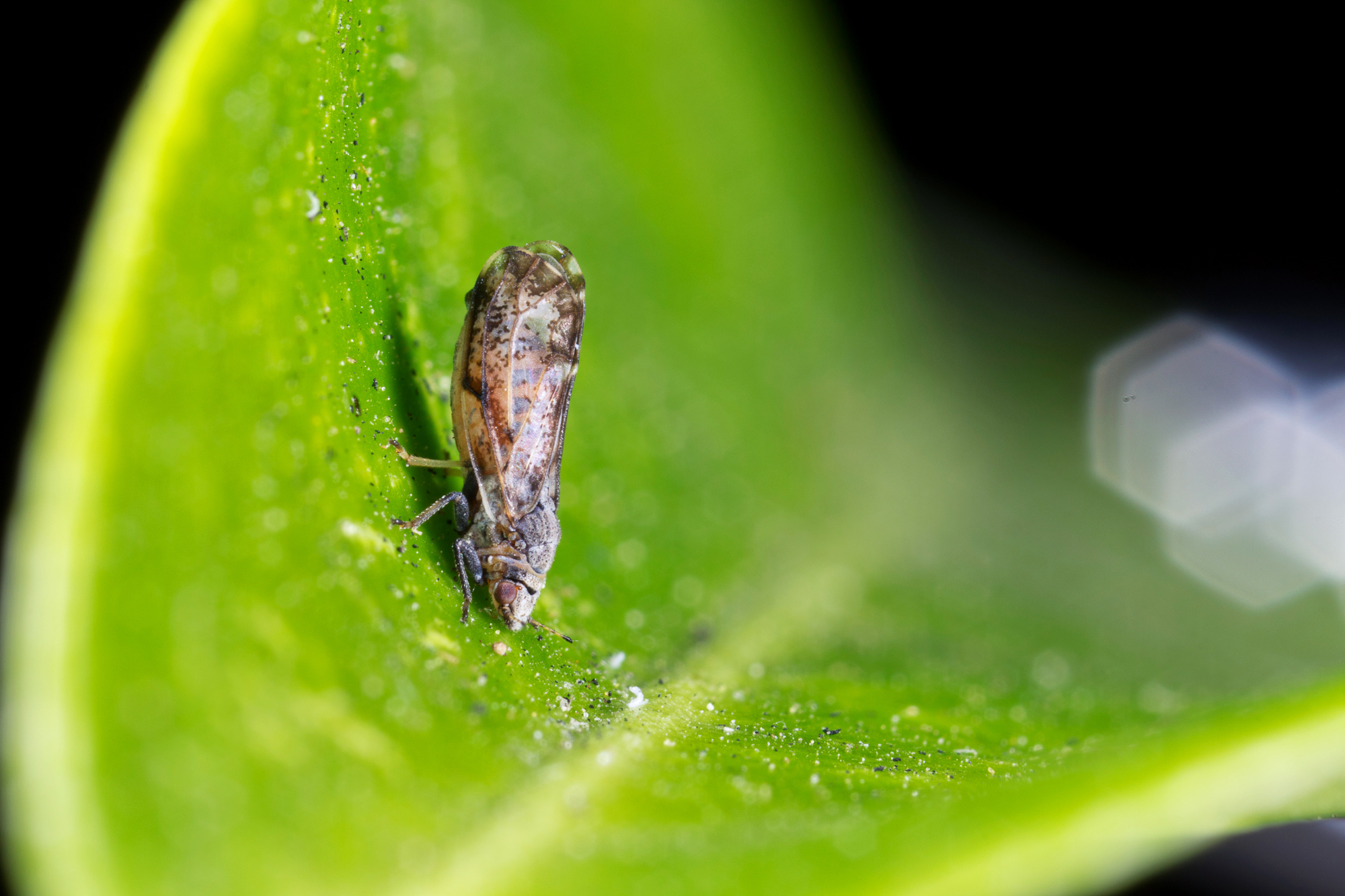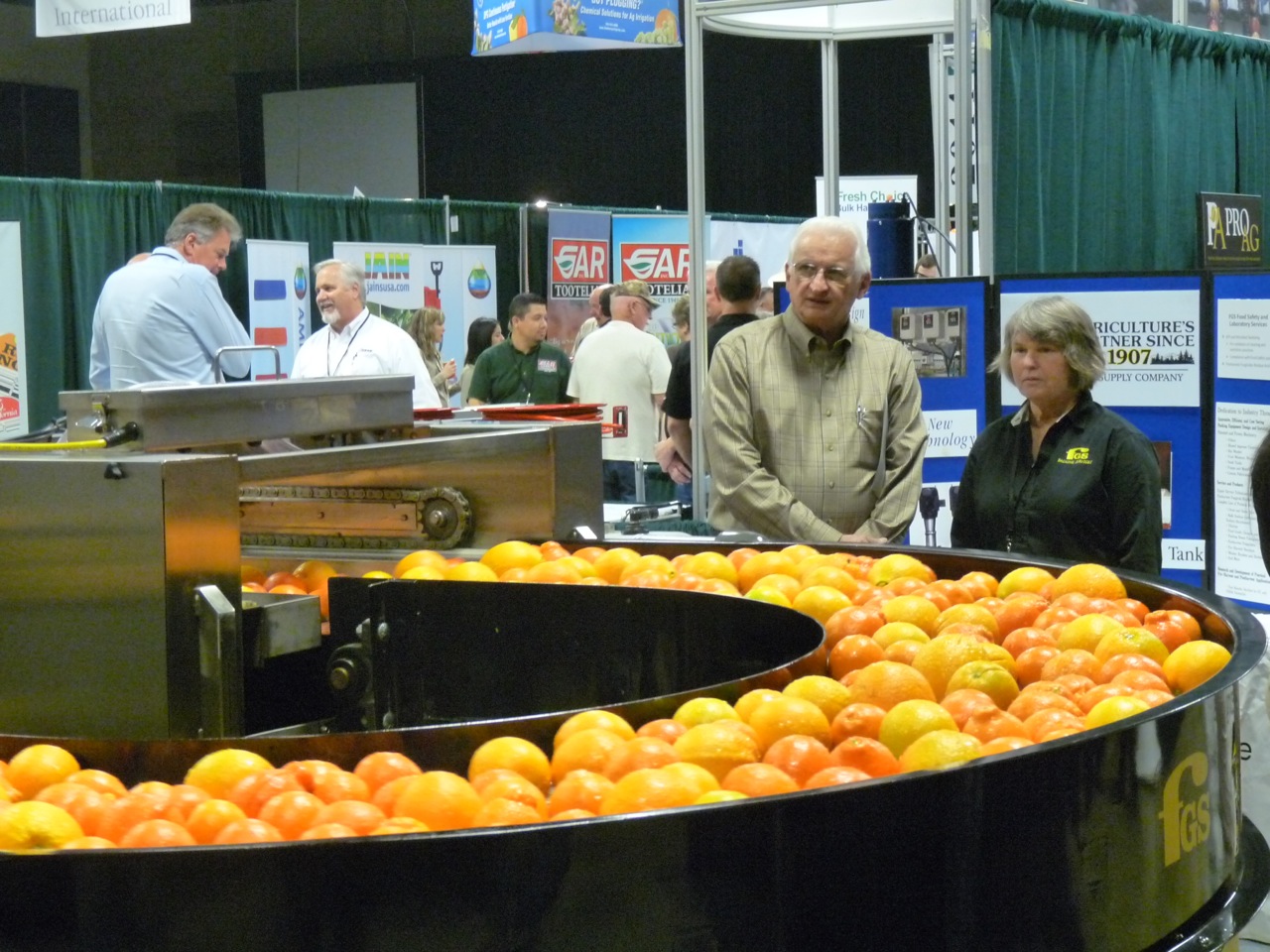Science Advisory Report Posted
The California Department of Food and Agriculture‘s (CDFA) Asian Citrus Psyllid (ACP) and Huanglongbing (HLB) Ad Hoc Science Advisory Panel (SAP) is a group of scientists selected by the Secretary to provide scientific advice to the Department to ensure that they are using the best science available when developing program policy and protocols.
These scientists consist of experts from states that have already experienced the sequence of events associated with ACP/HLB infestation, as well as California-based scientists with local knowledge to ensure a diverse perspective.
The panel met in December 2013 and was tasked with providing recommendations on a series of non-regulatory questions vetted by CDFA.
This report contains the list of questions and the answers from the ACP-SAP. In addition, the report contains the SAP’s comments and recommendations for consideration in the development of ACP/HLB programs in California.
Among the many questions answered in the report, here are a few:
- What is the appropriate size of treatment areas around ACP find sites in eradication zones under a variety of scenarios?
- Would it be beneficial to freeze dry leaves from asymptomatic, VOC positive trees for future analysis, when technology improves?
- With most of the ACP detections in Tulare County being on traps placed on poles rather than within the canopy, should we change trap placement for the ACP program?
- On March 23, 2014 we will be 2 years without a HLB detection in California. What should be our exit strategy?
For a copy of the letter, click here.
If you have any questions or concerns, please do not hesitate to contact the Citrus Program Manager, Victoria Hornbaker at 916-654-0317 or via email at Victoria.Hornbaker@cdfa.ca.gov.













